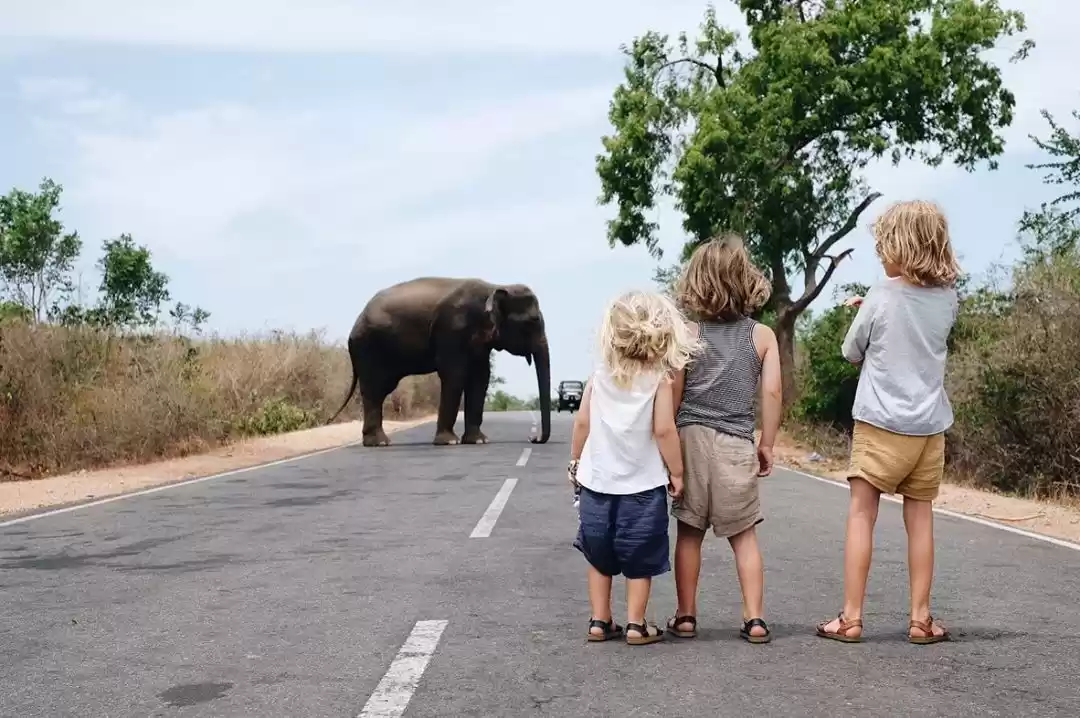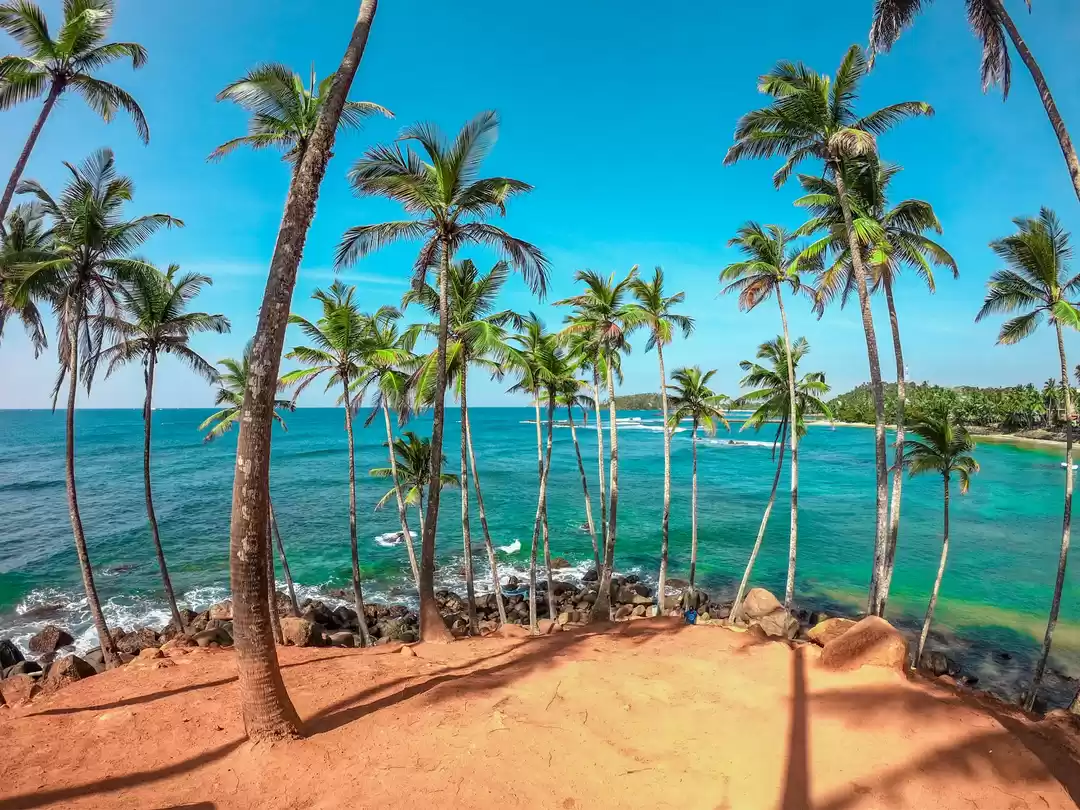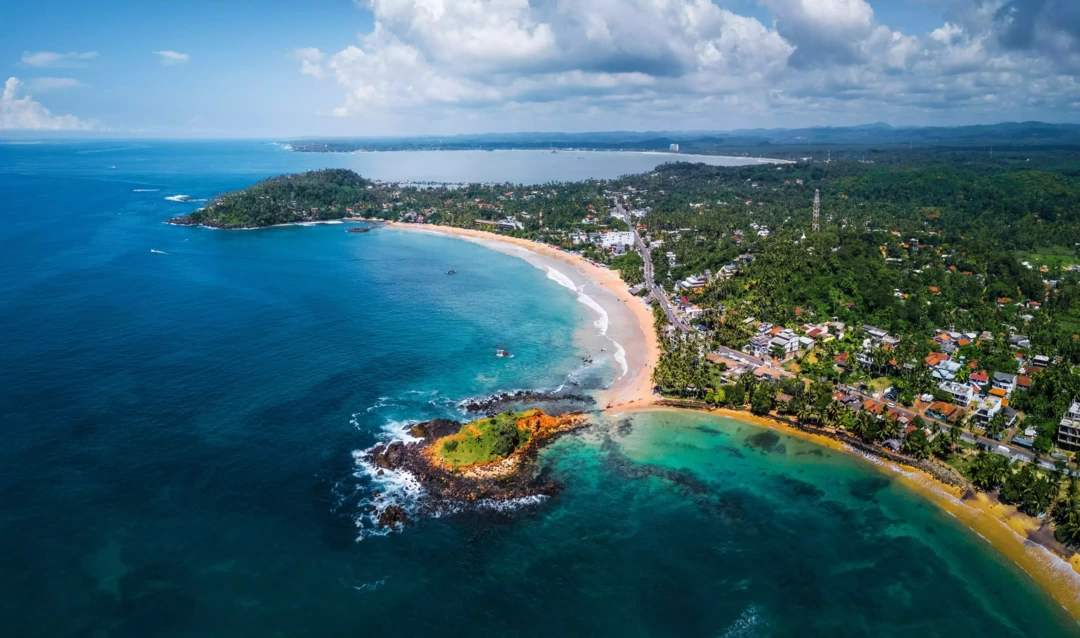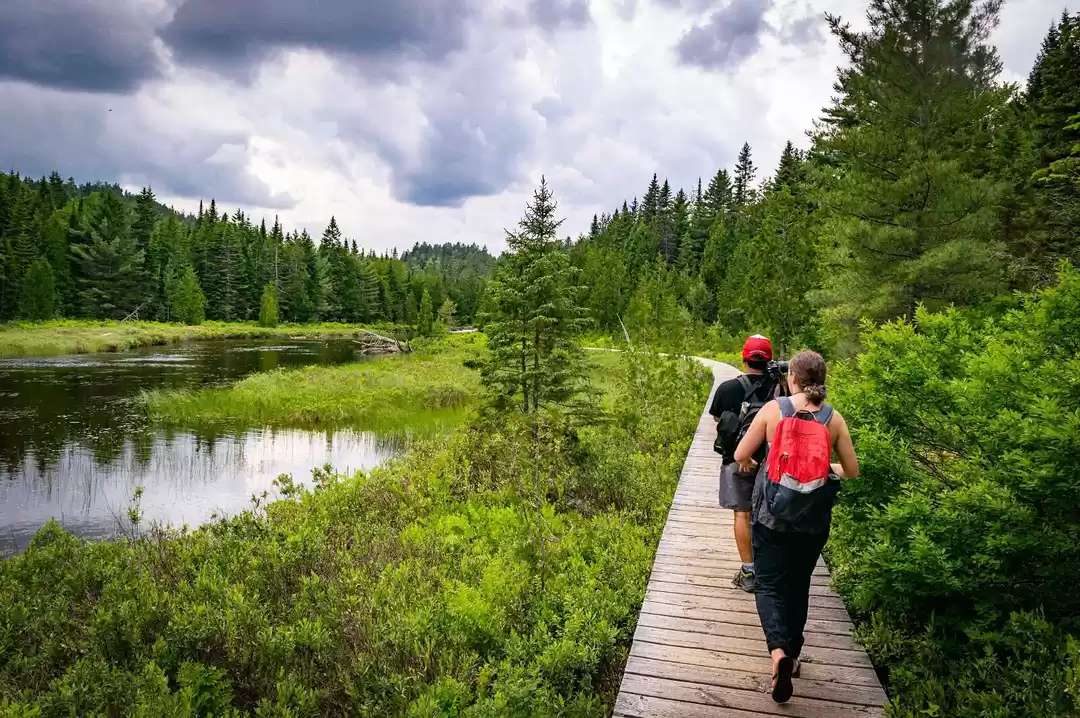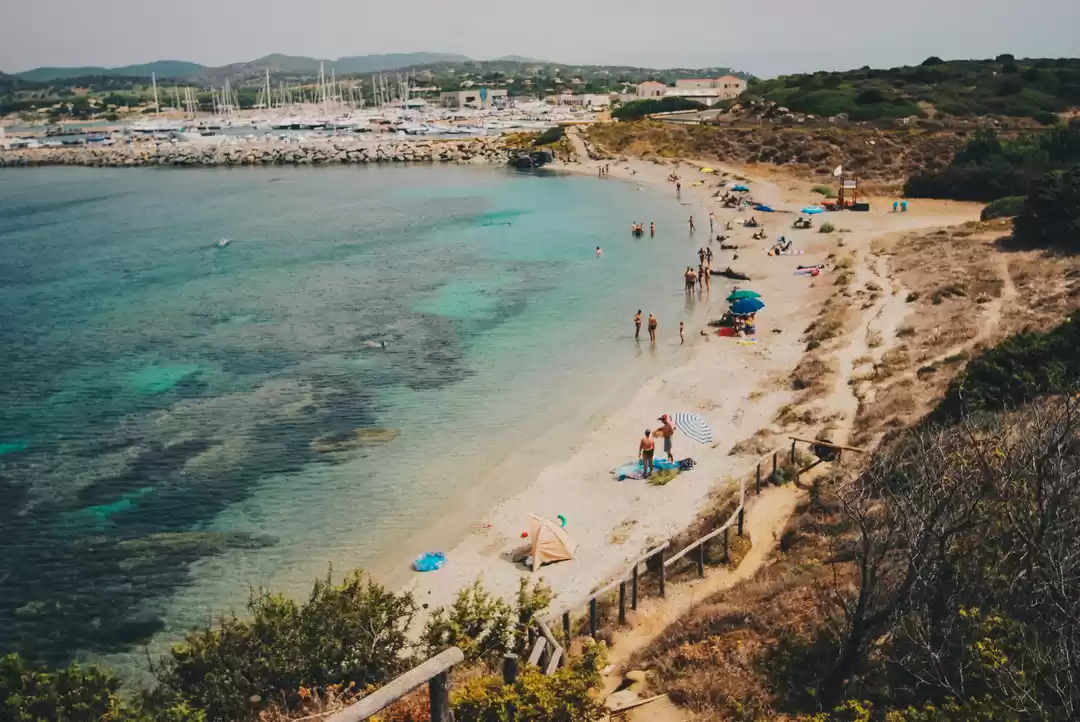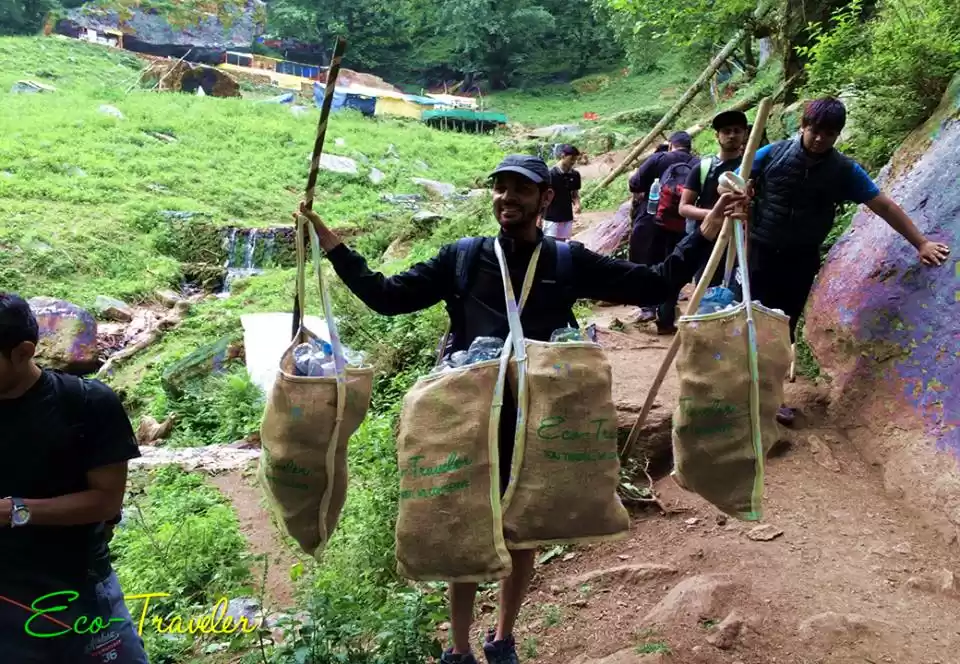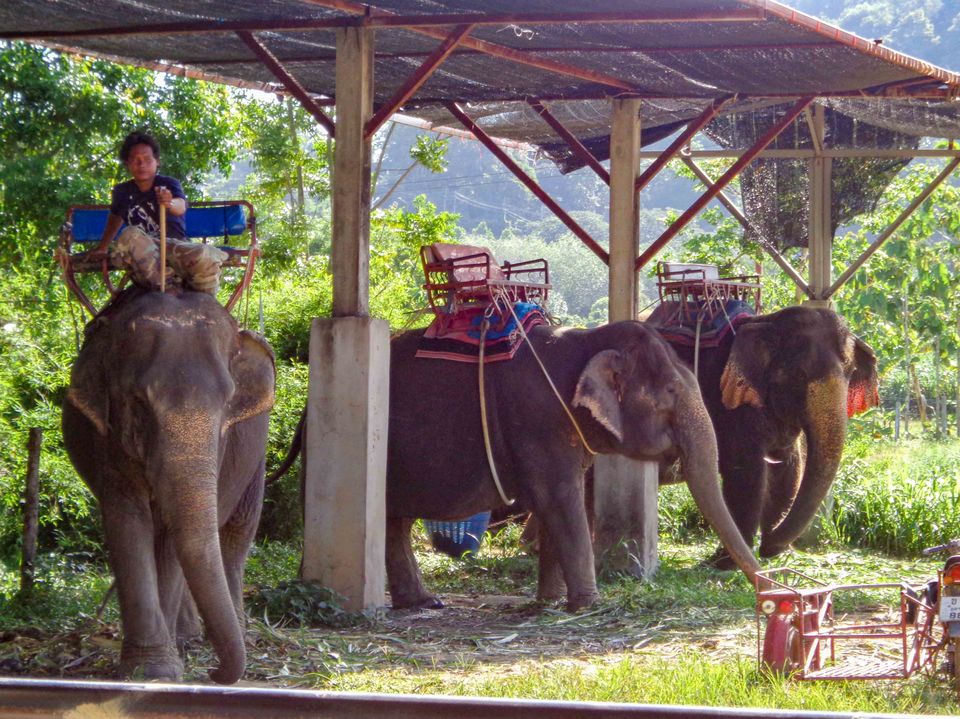
Reduce, Reuse, Recycle. These are practices that you take seriously in your daily life but what about when you are on the road? As more people travel around the world, we hear of more instances of littered mountains and beaches. Although our need to explore new places is justified, there is also an urgent need for us to be more sustainable while traveling. If you are deeply pained by videos of fish swimming in oceans of garbage and want to make an active effort to be a more responsible traveler, then read on as I share a few tips on how to plan an eco-friendly trip on a budget.
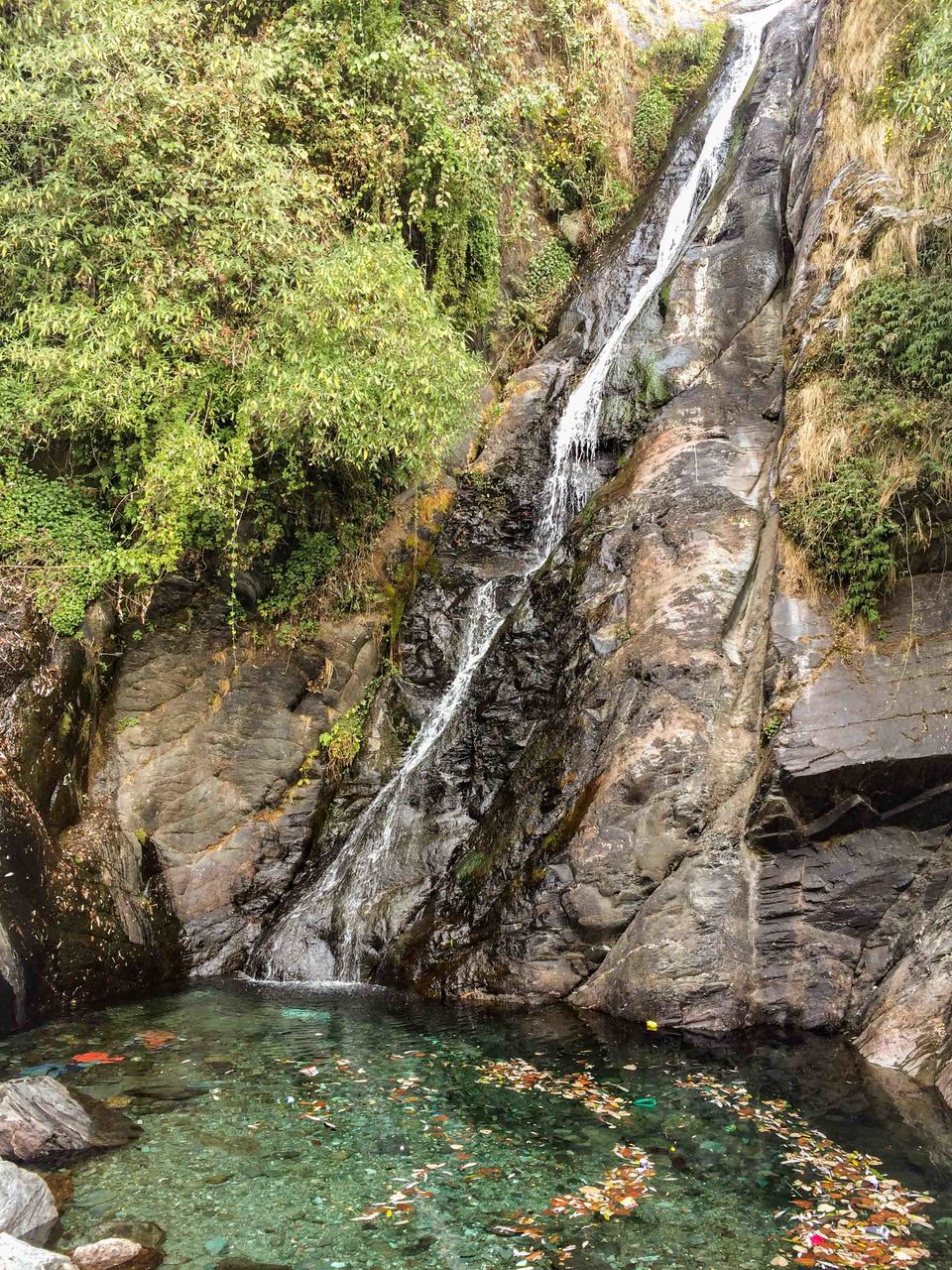
1) Walk the Talk
One of my favorite ways of exploring a new place is on foot. Not only do you not burn fossil fuel, you also get to experience a place like a local and to understand what it means to live in that country. Nothing comes close to the joy of putting on your favorite shoes, grabbing an old-school map and spending hours navigating and discovering new destinations. Admittedly, I do get lost every now and then, but hey, that’s travel!
2) Avoid Tourist Packages
Although tourist agencies offer convenient and reliable options, most of them are highly unsustainable and are often way more expensive than doing those activities by yourself. Before any trip, I take out time to research and scope potential activities and trips that I find interesting. I then get in touch directly with operators that follow responsible tourism practices and book my eco-friendly trip at discounted prices.
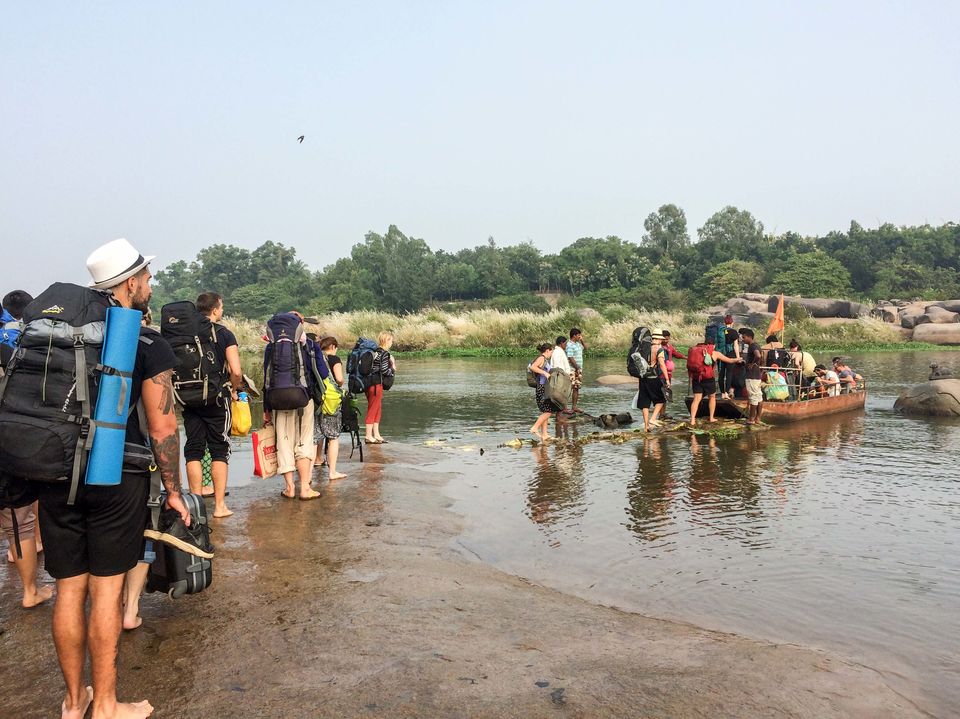
3) Take Time Out to Volunteer
One of the best ways to bring about a positive change while traveling is by volunteering. I would also argue that it is one of the best ways to experience a new place. Not only do you get to work for a positive cause, you also learn what it means to live life as a local. One of the most rewarding travel experiences of my life came about in Slovakia where I, as a part of an international team, volunteered to educate school students against the effects of climate change. We worked, lived and ate together, exchanging anecdotes on issues ranging from politics to religion and science. Definitely one of the best eco-friendly trips I have ever taken.

4) Buy Local
A big part of the fun of being in a new country is the opportunity to try new food and to buy souvenirs that you won’t get back home. It is common knowledge that the further the goods travel, the more impact they have on the environment. Every time I visit a new country on an eco-friendly trip, I avoid big chains such as Subway and McDonald's as much as I can. Eating local gives you incredible insight in to how the locals eat as well as an opportunity to support hard working locals who need your money more than KFC! Similarly, if you like shopping for souvenirs, look for local craft shops for authentic and sustainable goods.
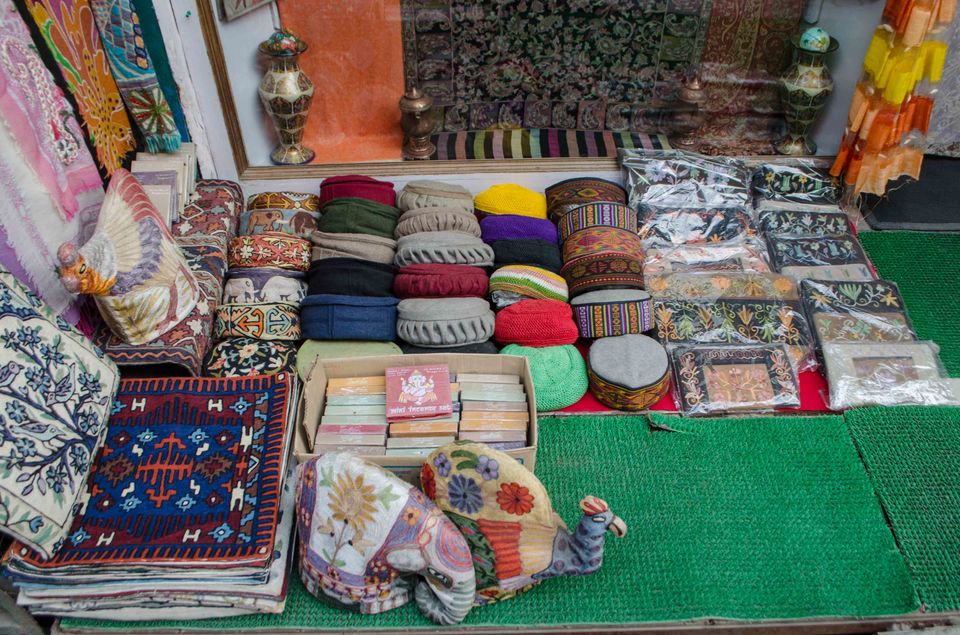
5) Pack Smart
Flying is one of the most harmful activities for the environment. Additionally, the more weight planes carry, the more fuel they burn. On top of that, since most airlines charge extra for checked-in luggage, try packing all your stuff in just the carry-on. Think that can’t be done? Roll your clothes to save room, stuff your underwear and socks in your shoes and use Ziploc bags to save even more space! Finally, use the PackTheBag app – it promises to never let you forget something for an eco-friendly trip.

6) Discourage the Use of Exotic Animals as Tourist Attractions
Many tourist attractions around the world offer unique experiences with exotic animals such as tigers, elephants, or dolphins, but the unfortunate reality is that most such tourism establishments exploits these poor animals for financial gain. Young elephant calves are separated from their mothers upon child birth and are trained in inhumane conditions for years so that they grow up to become obedient ride-givers. Similarly, lions and tigers are drugged so that tourists can pet them and take photos with them. If you are pained by such incidents and want to act, it is best for you to completely boycott such tourist traps and to share the information with friends. Likewise, do not feed or interfere with wild animals at national parks and zoos, and avoid buying products that are made from endangered animal products like ivory, fur or feathers. This is one of the easiest ways to take an eco-friendly trip.

A traveler at heart, I have been to 22 countries on 6 continents. My favorite experiences are plunging in to sub-zero Antarctic waters, renovating a Buddhist monastery in Sri Lanka and hiking Borneon jungles. I am also an engineer, a public speaker, a sustainability believer and a polar explorer. Follow my misadventures on www.passportuncontrol.com and Instagram @geeknextdoor





















